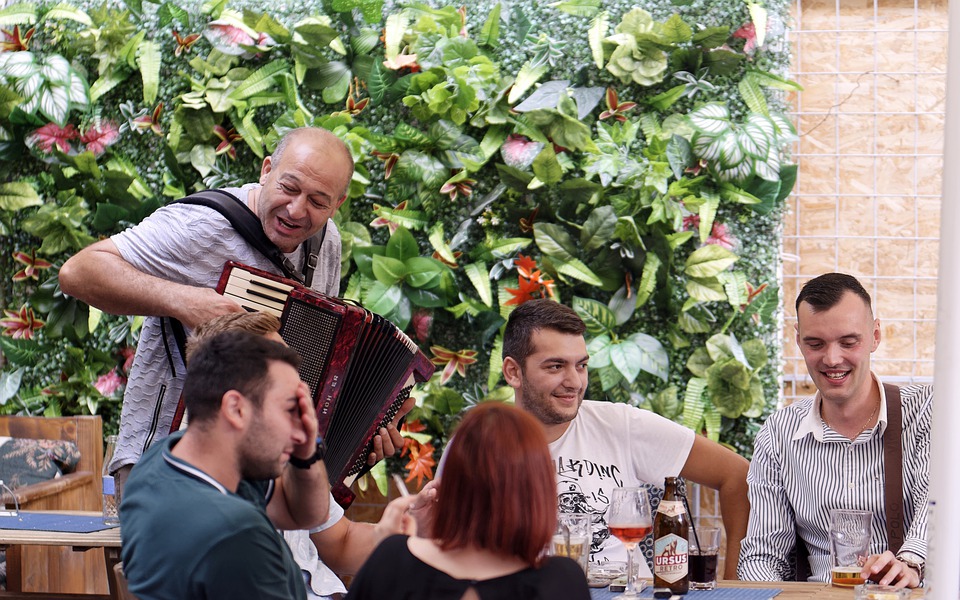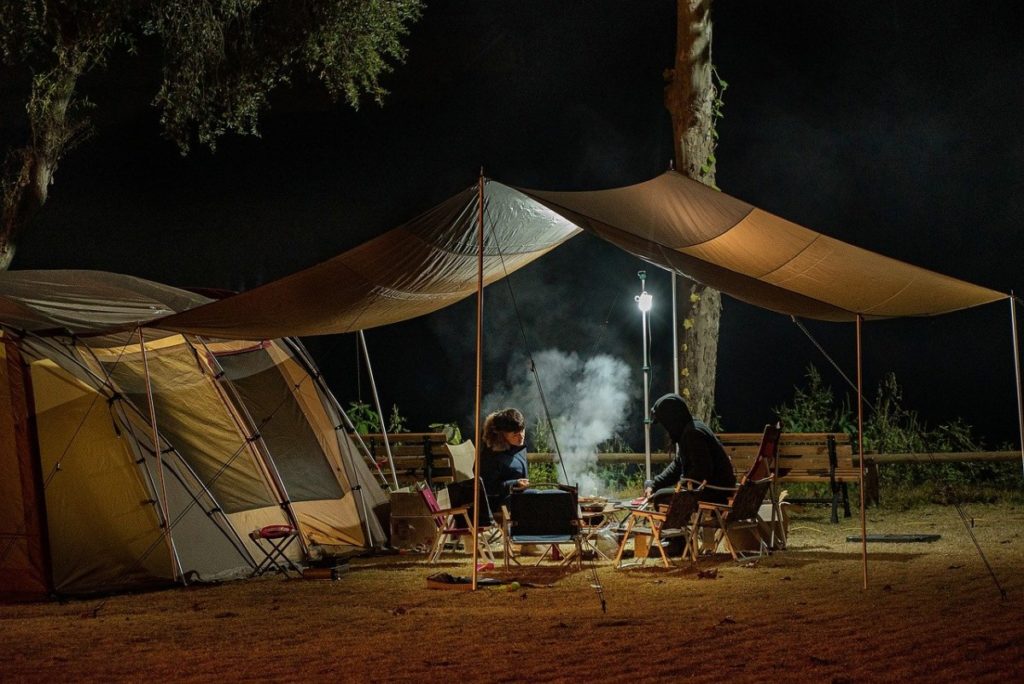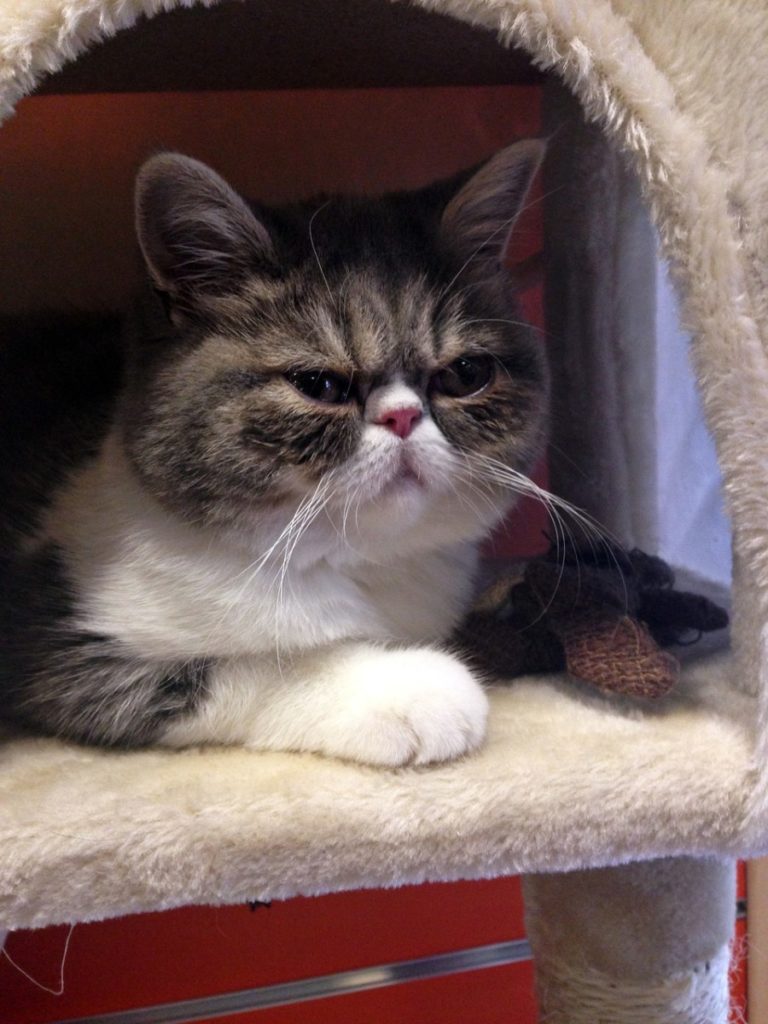In your time spent in the Netherlands, you might have heard the word gezellig being used as the Dutchies are very proud of it. It’s also a word that is not that gezellig to pronounce. It also happens to be untranslatable directly in other languages, yet it is a concept that all of us can understand and appreciate.
Gezellig can best be described as a state of cosiness and togetherness, a shared sense of joy of spending time together with friends, drinking at a terrace by the canal after work. The word can be used in a lot of contexts, so read below for our guide on this magical and specific Dutch word.
Origin of the word gezellig
The origin of the word comes as a derivation from the word gezel, which means ‘friend’ or ‘companion’. Back in the old days, gezel was also used to designate a ‘journeyman’, which was used in the Dutch guild system as a group that forms around a master craftsmen, which is where the word also got its connotation of ‘belonging’.
What makes something gezellig?
A search on how the word is used reveals that, like many similar abstract concepts, gezellig is really in the eye of the beholder. Therefore, what qualifies as gezellig depends from person to person, and things are not equally gezellig for everyone.

It gets even more complicated because gezellig is used to describe different things, from events to places and to people. Does this remind you of another Dutch word used pretty much everywhere? Ah yes, lekker man! I think that lekker and gezellig are comparable in the way they are used to describe pretty much every feel-good cool thing in the Netherlands.
Is everything that is lekker also gezellig? We do not know, and scientists have been trying to find out for years the answer to this very important cultural question (you can also let us know what you think in the comments.)
We can perhaps agree that some things are completely gezellig, no matter your preferences. Let’s think of a few different scenarios that are 100% gezellig.
- Fairy lights in a room while drinking wine with your friends and listening to music on a vinyl player. (definitely gezellig)
- Arriving home after a long day at work as you are getting greeted by your cat. (super gezellig)
- Eating a brood met kaas on a rainy day (surely gezellig, but the sandwich is pretty lekker too)
- Feeling the warmth of the sun after the abyss of Dutch winter (50% gezellig, 50% the sun is always lekker)
- Discovering you have been exempt from paying taxes in the Netherlands forever through the grace of the King himself (wholesome gezellig and a lekker story to tell to your friends)
As you can see, gezellig can be used in many different ways, but it can be summed up as including the following elements: a state of cosiness, that is shared with other people in a spirit of togetherness, and belonging to something. Actions can be gezellig too, it all depends on the context and the way the word is used.

Gezellig but not really: using it sarcastically
Gezellig can also be used ironically or sarcastically, such as when you say something like ‘having my train delayed all the time to work is gezellig’, or saying ‘gezellig hoor’ when you need to hear your conservative aunts defending Zwarte Piet.
What is gezellig with Dutchies is not necessarily the same for internationals
The Dutch have many things that they see as gezellig, but that might not apply for internationals as well. Take for example the borrelen. Dutchies gather around for drinks and bitterballen, and they do their fair share of networking, conversation and the like. An international, however, might not feel welcome at these kinds of events, as the Dutchies might not speak English or feel the need to include the internationals in the conversation.
A great example of this in action is something that happened back at my university. There used to be a board that organized borrels on the different floors of our campus. The people there were mostly white Dutchies wearing suits, and surprise, not a lot of internationals showed up and felt welcome. It was certainly gezellig for them, but it was not long until their boards cancelled activities altogether, due to lack of international participants.
The reverse of the coin: ongezellig
Now that we have an understanding somewhat of gezellig, it’s time to learn about the evil twin of the word.
Enter ongezellig. If gezellig is warmth and cosiness, then ongezellig is the coldest, most desolate place, where everything and everyone is uninviting, rude, and definitely not lekker. Basically, a corporate office meeting, where nobody knows what they’re talking and office politics takes the forefront, can be described as ongezellig.
Other things that are ongezellig include:
- having to pay high taxes when you already spent your money
- having to meet that one acquaintance of yours that always talks about themselves and never asks you anything
- going to a busy cafe to discover there are no more charging plugs for your laptop.
- having your bike pushed in a canal by the wind
- dropping your boterham face down
As such, if you are ever anywhere, and a Dutchie uses the word ongezellig, it is probably an indication to get the hell out of there.

Similar words like gezellig that you can find in other languages
Like patat met mayo, not everything that is Dutch is uniquely Dutch. The closest English equivalent to gezellig might be cosy, or togetherness, yet it is not a direct translation, as gezellig is really an assortment of different concepts thrown into one.
There is a word in Danish and Norwegian that comes closer to the original meaning of gezellig, namely hygge. It’s related to the Dutch word heugen, which means ‘to remember’ and the word verheugen, which means ‘to look forward to’. Not fully gezellig, but getting there.
The Germans also have a word that kind of is similar, gemütlichkeit. It denotes a state of friendliness and warmth, belonging and peace of mind. But to be precise, the Dutch have their own version of this gemoedelijkheid.
In general, it seems that Germanic and Nordic countries have words that partially resemble the meaning of gezellig, which is funny, considering their climates are not that gezellig.
What are your most gezellig experiences in the Netherlands? Let us know in the comments.
Feature Image: guylucis/Pixabay
The post Gezellig: an essential Dutch concept appeared first on DutchReview.

Комментариев нет:
Отправить комментарий